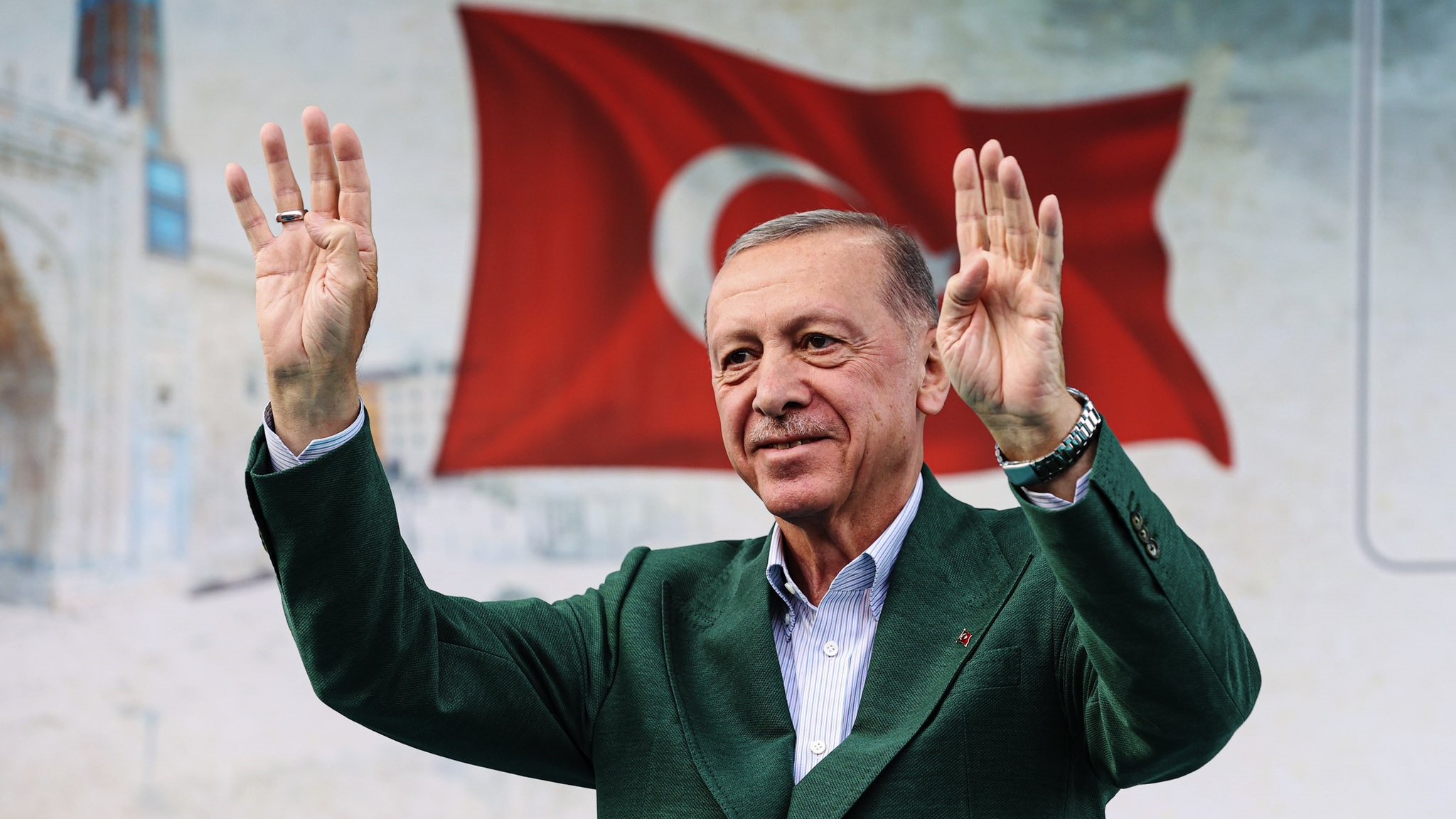President Erdogan’s AK Party recently faced setbacks in municipal elections, seen as a referendum on national policy. This isn’t unusual in democracies; even historic leaders like Churchill have lost elections after long periods in power.
Turkey’s economic woes likely played a role, but Erdogan had already signalled his plans to retire in 2028, defying stereotypes of power-hungry autocrats.
Erdogan, a Turkish patriot and Muslim, has shifted his nation’s international stance since taking power in 2003. After WWI, Ataturk founded Turkey as a secular European-style republic, disavowing any ambitions beyond its territory.
Turkey became a staunch NATO ally, with its army guarding the Black Sea straits and protecting Europe.
New Challenges, New Policies
Erdogan recognized the need to adapt to changing times. While initially seeking EU membership and addressing Kurdish minority concerns, those efforts faltered. Economic woes, the Arab Spring, and the rise of ISIS created regional instability, forcing Turkey to act.
Syria’s civil war posed particular challenges, as did US support for Kurdish groups linked to the PKK, a terror organization. Turkey sheltered millions of refugees, but EU support wavered.
A 2016 coup attempt, blamed on a former Erdogan ally, led to government purges and a crackdown on media freedoms. Despite these controversies, Turkey remains a significant regional power.

Complex Foreign Relations
Turkey expanded its Middle Eastern influence, aligning with Qatar and building a presence around vital waterways. Its African outreach is also successful. Relations with Israel fluctuate, currently strained by the Gaza conflict. While ties with Saudi Arabia were tense, they’ve recently improved.
Turkey intervened in Libya’s civil war and has tense relations with Greece over territorial claims. Its relationship with Russia is complex; while the countries clash in various areas, both leaders prioritize avoiding direct conflict. Turkey supports Ukraine, providing weapons and diplomatic aid, while maintaining ties with Russia.
NATO Tensions and Strategic Independence
Turkey’s purchase of Russian missiles led to NATO criticism and sanctions. Its geographic location necessitates a degree of foreign policy independence to protect national interests. Turkey is building a strong defence industry to achieve this.
Ankara has faced criticism for blocking Sweden and Finland’s NATO membership, but this stems from those countries harbouring PKK members. Turkey sees this as a major security threat.
Erdogan’s Legacy
Erdogan’s presidency has seen Turkey emerge as a major regional power. His pragmatic, sometimes forceful, policies have aimed to restore Turkey’s influence and protect it within a volatile region. While controversial, his legacy will likely be that of a realist who adapted his country’s role in response to a changing world.


